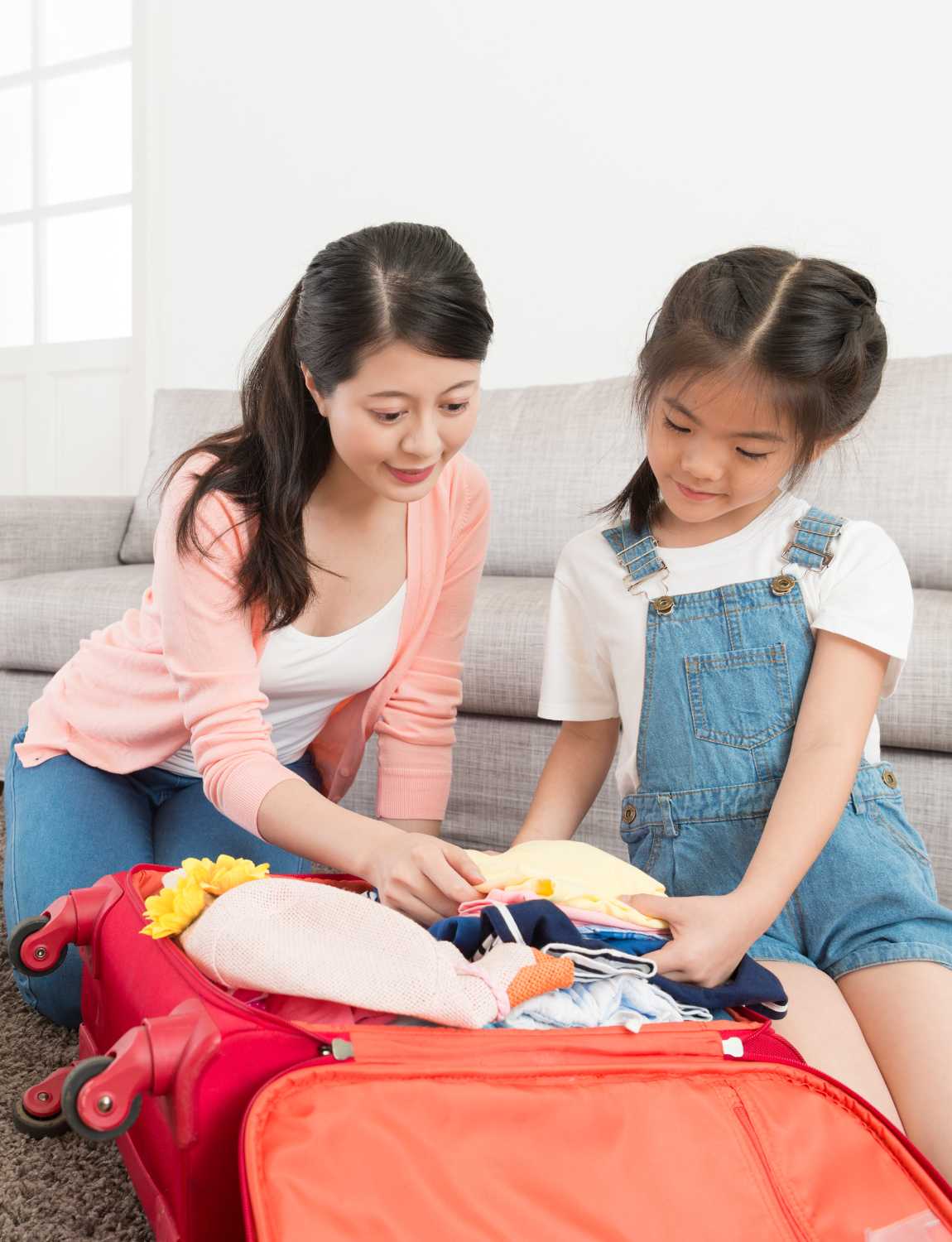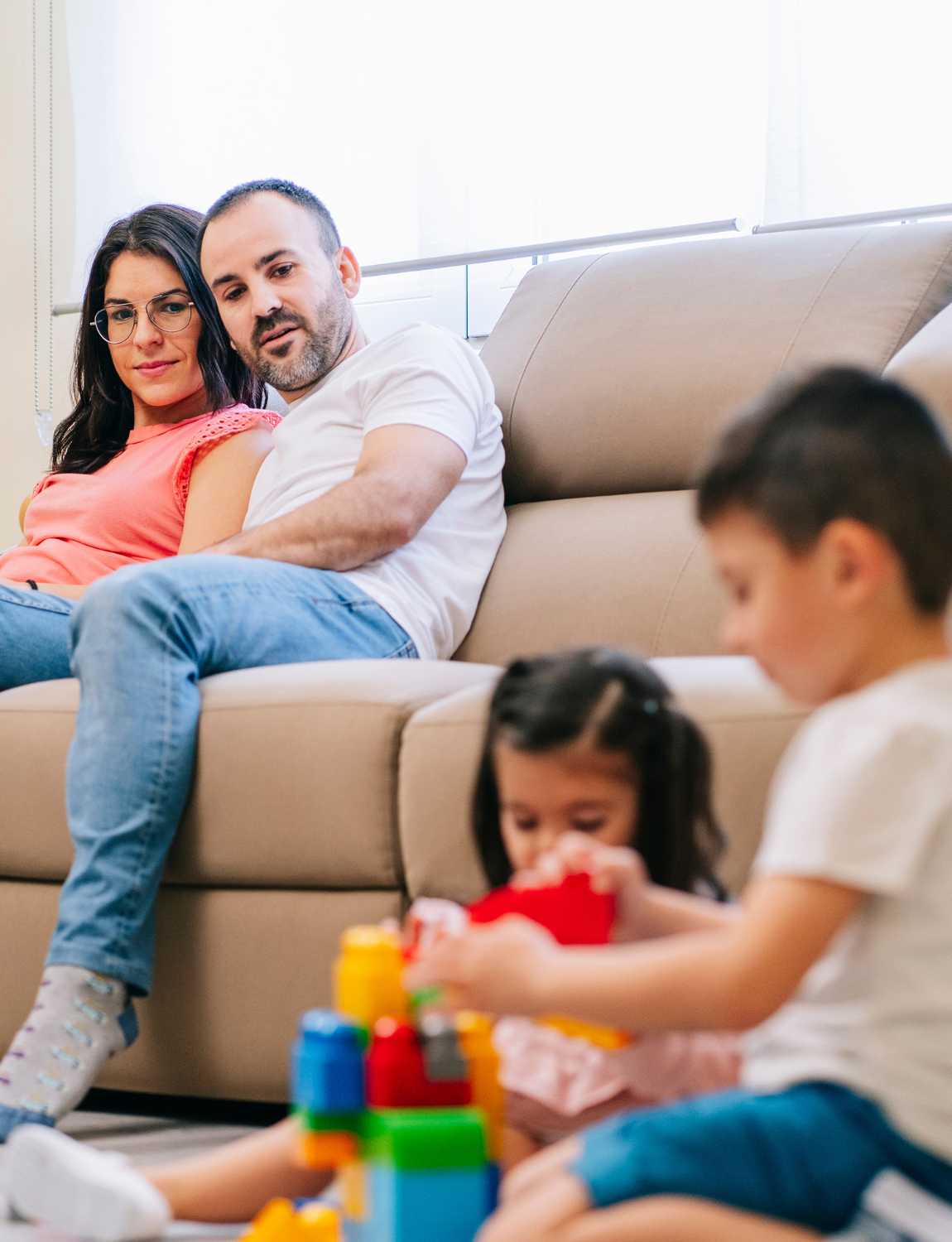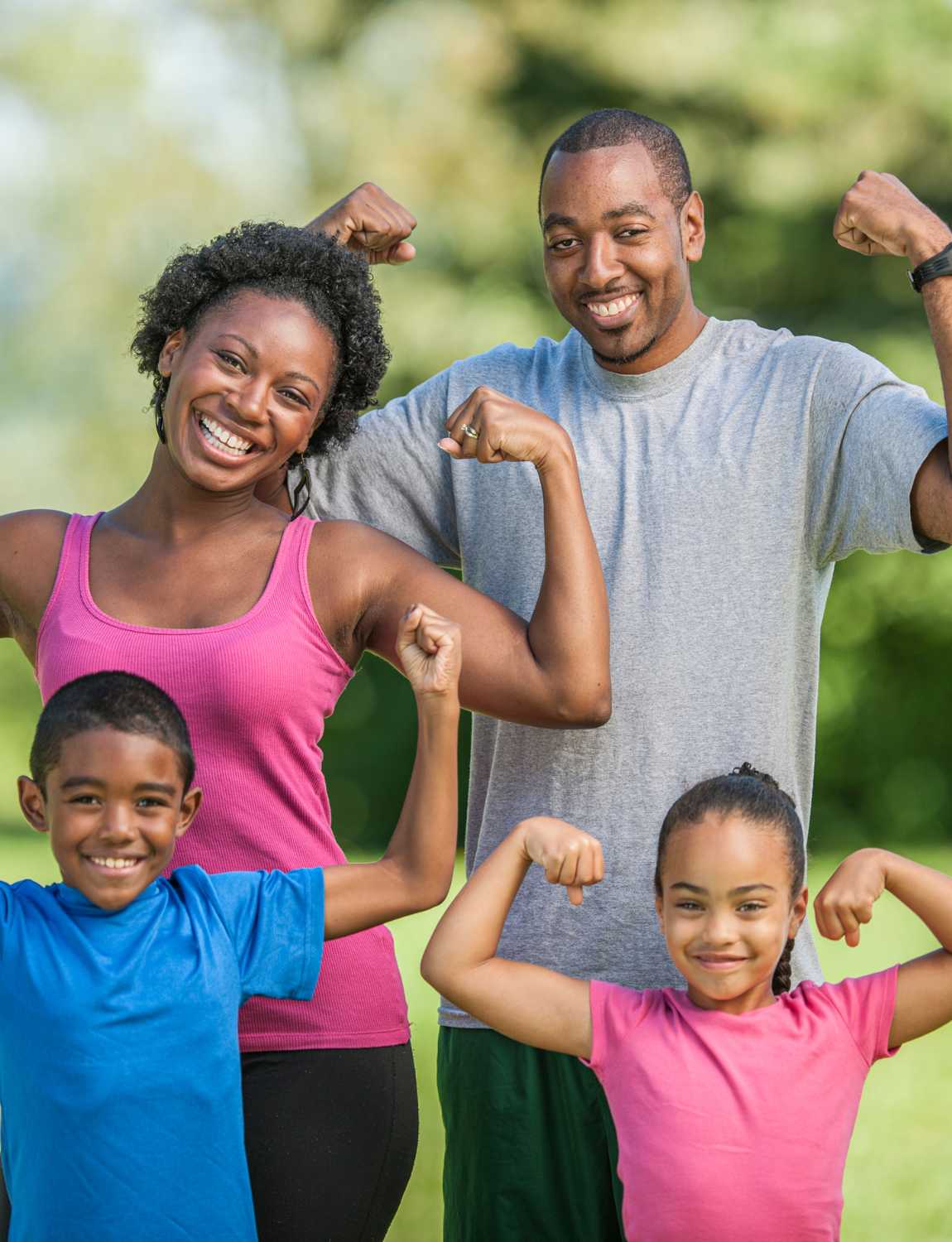What does the Bible Teach about Parenting?
Posted by Hannah DeVivo on Jun 2nd 2023

June 02, 2023
Author: Hannah DeVivo
Peace be with you!
It is Summertime here in the United States, and many parents find themselves spending more time with their children since daily school is no longer in session. Today I will be reflecting on the relationship and connection between children and their parent(s).
What does the Bible Say about Children?
“Certainly sons are a gift from the Lord, the fruit of the womb, a reward. Like arrows in the hand of a warrior are the sons born in one’s youth. Blessed is the man who has filled his quiver with them. He will never be shamed for he will destroy his foes at the gate.”-Psalm 127:3-5
First and foremost, children are gifts. They are not consequences, punishments, mistakes, or burdens. I believe that most of you reading this are already aware of the truth that I’m sharing, but it is important to reiterate. The Bible teaches us that children are like arrows in a quiver. Physically, the more sons that a man has, the better the defense of his house will be. The sons of a man can rise up strong when their father is old and take over the protection of the home. If enemies come to pillage, they will be met with a strong force. Young boys are destined to become men who will honor the name and legacy of their father.

What do Parents Model for their Children?
“Train the young in the way they should go; even when old, they will not swerve from it.” -Proverbs 22:6
A few weeks ago, in the blog post titled “Abundant Life”, I spoke of consciences. When parents work hard to instill into their children what is true, good, and beautiful, the foundation remains. Young minds are absolutely fascinating. It takes a human 25 years for their brain to develop. During this developmental process, neuropathways are formed that will become hardwired. This is why it is crucial that the information presented to children during this formation is good and life-giving. In the early years, our minds are like sponges. Children look to those around them to learn about how they should behave, what they should think, what is right and what is wrong. Parents in particular are the strongest role-models. Until the age of ten, the same sex parent of a child is the most influential person in their life.
“The education of the conscience is a lifelong task. From the earliest years, it awakens the child to the knowledge and practice of the interior law recognized by conscience. Prudent education teaches virtue; it prevents or cures fear, selfishness and pride, resentment arising from guilt, and feelings of complacency, born of human weakness and faults. The education of the conscience guarantees freedom and engenders peace of heart.” (CCC paragraph 1784)

What do Children Model for their Parents?
“Taking a child, He placed it in their midst and putting His arms around it He said to them, ‘Whoever receives one child such as this in my name, receives me; and whoever receives me, receives not me but the One who sent me.’”-Mark 9:36-37
“And people were bringing children to Him that He might touch them, but the disciples rebuked them. When Jesus saw this, He became indignant and said to them, ‘Let the children come to me; do not prevent them, for the kingdom of God belongs to such as these. Amen, I say to you, whoever does not accept the kingdom of God like a child will not enter it.’ Then He embraced them and blessed them, placing His hands on them.” -Mark 10:13-16
Mothers and fathers are not the only teachers in the parent-child relationship. We have so much to learn from children. From a scientific perspective, the brain forms from the back (near the neck) to the front. Some of the first things formed are consciousness, alertness, regulation of sleep. The later things to develop are decision making, motive, and cognitive/intellectual functions. I share this to shed some light on the differences between children and adults. You see, children are guileless; they are innocent and have no ulterior motives. They have the ability to show us thoughts and actions that are free of deceit.
Jesus tells us that whoever receives a child in His name receives Him-and by extension-God the Father. Children are dependent upon the adults in their lives. In order to love a child, we must sacrifice, meet their needs, and accept that it is not their job to meet our needs in return; they are beholden to us just like we are beholden to God.

The Power of Connecting with your Children.
Psychologists have described connection as follows: “Connection is when two or more people interact with each other and each person feels valued, seen, and heard”.
Connecting with our children builds mutual trust, love, and respect. Master certified parent coach, Lisa Smith, says that this connection is the fabric of our relationship with them. If we take the time to foster the connection with them as children, teenagers, and young adults, they will grow up to feel safe. They will feel seen, heard, and valued by the people they love the most. When we provide children with this strong foundation, they can feel confident to grow into and accept themselves as the people that God created them to be.
God loves us each so much. The more that we experience in life, the more we can see just how deep His care is for us. Since children have generally not experienced as much in life as we have, it is so important for us to model the love, acceptance, and empathy that God has for them. We are their first examples of this miraculous and life-giving care.
As a mother of four, I know that it is not always easy to show love to children. Practicing constant sacrificing, self-regulation, emotional maturity, and patience is exhausting and challenging. It is not a simple thing to do, but it is absolutely work worth doing. This Summer, I encourage you to keep these things in mind. I encourage you to connect with your children and to show them the love of God in each mundane task. I encourage you also to remember that they are in the very beginning stages of brain development. They are not “giving you a hard time”. They are having a hard time and they need your help.
Before You Go
Do you have children?
How do you and your child feel about the connection between you and them?
Did you learn anything new in this article?
I would LOVE to hear from you. Send me an email to Catholic-Living@Autom.com Be sure to follow and subscribe to the links below for more tips and information.
![[Consumer]Autom [Consumer]Autom](https://cdn11.bigcommerce.com/s-zjzn8ssx4n/images/stencil/350x117/autom_w_tag_1641942220__31718.original.jpg)